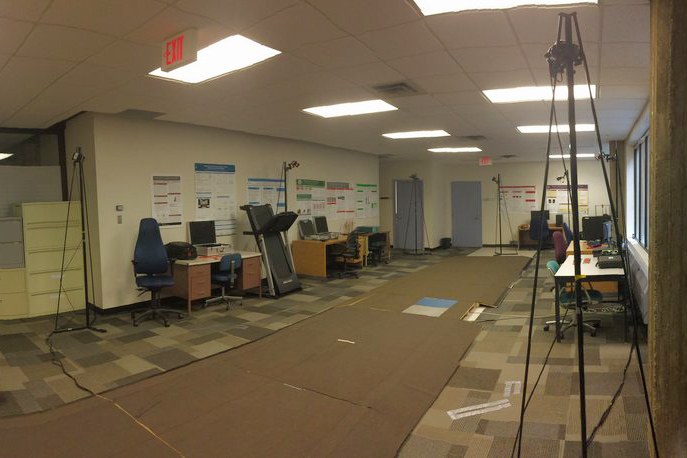Seminarios de investigación a cargo del Dr. Hossein Rouhani de la Universidad de Alberta organizados por el grupo BIOMEC
25/04/2019
La semana del 29 de abril al 3 de mayo el Dr. Hossein Rouhani, investigador principal del Neuromuscular Control & Biomechanics Laboratory de la Universidad de Alberta (Canadá), visitará el grupo de investigación BIOMEC.
La semana del 29 de abril al 3 de mayo el Dr. Hossein Rouhani, investigador principal del Neuromuscular Control & Biomechanics Laboratory de la Universidad de Alberta (Canadá), visitará el grupo de investigación BIOMEC. En el marco de esta visita, el investigador impartirá dos seminarios:
Seminario 1: Kinematics and kinetics assessment of multi-segment spinal column: Estimation and compensation of motion capture errors
In-vivo measurement and interpretation of inter-vertebral angles and moments are important for clinical evaluations and developing injury prevention and rehabilitation strategies. Motion assessment of the human spinal column using linked-segment models can enable estimation of inter-vertebral angles and moments. However, the application of conventionally used multi-body dynamics measurement and analysis approaches for multi-segment spinal column is prone to experimental errors because of inaccuracies in (i) kinematic measurements associated with soft tissue artifacts and (ii) estimating individual-specific body segment parameters. This seminar proposes modeling approaches to estimate the propagation of these experimental errors into the calculated inter-vertebral angles and moments, and presents the inter-vertebral angles and moments during multi-directional trunk bending after compensate for these errors.
Fecha y lugar: 29/04/2019, 15:00, Aula CREB (4.13), ETSEIB-UPC
Seminario 2: Wearable technologies for health monitoring: Technology development to clinical implementation
Human movement measurement provides objective information about movement disorders and thus is widely applied for clinical evaluations. Despite the accuracy of gait laboratory equipment, there is limited measurement space in most gait laboratories. In-field movement measurement using wearable sensors is preferred for clinical evaluations because it allows for long-term testing during daily life. In addition, wearable sensor technology allows for real-time clinical applications such as falling prevention and mobile health monitoring during daily life. This presentation will introduce a systematic approach to the development of wearable systems for daily activity monitoring. Examples of the developed wearable technologies, their validation against in-lab equipment, and their suitability for clinical evaluation of movement disorders will be discussed.
Fecha y lugar: 03/05/2019, 12:00, Aula CREB (4.13), ETSEIB-UPC
Información del ponente: https://www.ncbl.ualberta.ca/hossein-rouhani

Compartir: